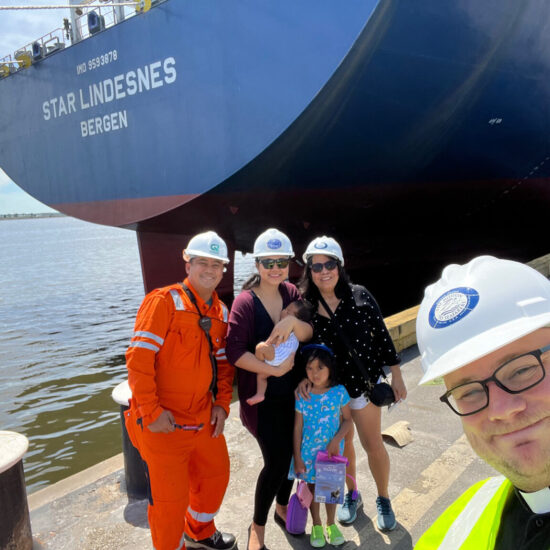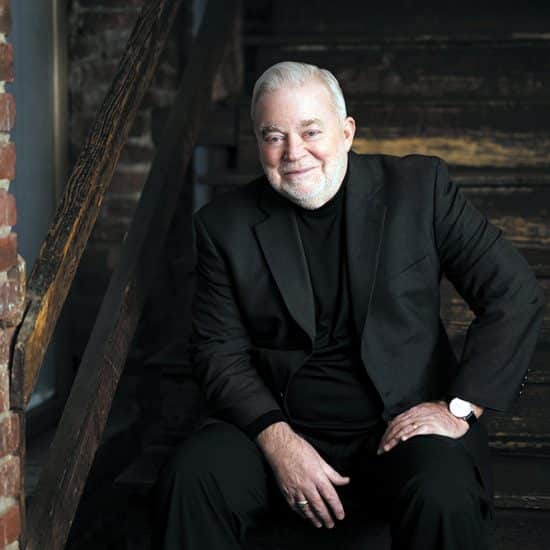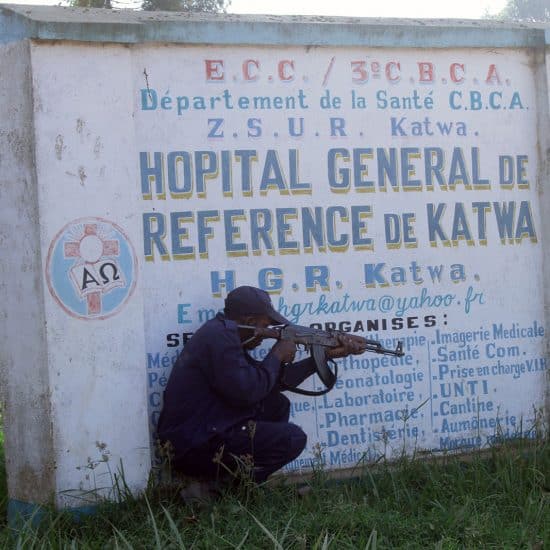The deadly Ebola crisis in West Africa has spawned fear and anger not only in remote villages in Africa but among sophisticates in American media, government and the general population.
In Liberia, one of the nations affected by the outbreak, Ebola patients fled during a recent attack at a health care facility in Monrovia, Liberia. Attackers had weapons but harmed no one; they stole mattresses and medical equipment. Not all patients fled, and some who did returned within a few days.
“It was an attack from people afraid of Ebola,” said Liberian National Police spokesman Sam Collins. “Everybody is afraid.”
At least in Liberia, some have even charged there actually is no epidemic and no threat of the Ebola virus. It is all a hoax; at least that is what they want to believe. Governments and health leaders are trying to deal with both fear and denial with programs to educate the public about the disease, its seriousness, how it spreads, precautions that should be taken and other information.
In the United States, a handful of influential political pundits went so far as to criticize the involvement of medical missionaries active in trying to treat Ebola patients overseas and in trying to help quell the epidemic. Among these critics were conservative columnist Ann Coulter and real estate mogul Donald Trump, who also questioned whether two American missionaries who contracted Ebola while helping treat the virus’ African victims should have even been allowed back into the U.S. to receive treatment themselves.
Others questioned whether airlines should fly in and out of the affected countries for fear of spreading the epidemic and bringing the virus — and a potential epidemic — to America.
Fear is a human condition that is pretty understandable, no matter what a person’s skin color, culture or economic status. And fear makes people say and do some pretty scary things — like criticizing faith-inspired efforts to help and trying to render health clinics inoperable by stealing mattresses and medical equipment.
It would seem that the saner voices — those who seek to bring scientific research, medical and spiritual resources to bear on the epidemic — are methodically moving forward to address the crisis lest it become a much larger and broader epidemic.
I spent a summer as a student worker among missionaries in a remote part of Liberia 43 years ago, and that interest has prompted me to try to stay abreast of contemporary Ebola news there and in neighboring nations. These are real people dealing with what they and people around them feel is a hopeless situation.
Hope best appears in the form of help, and help is best personified in the healing touch of physicians and workers, some of whom are from other places and voluntarily choose to risk their own health to bring hope to West Africans. That sort of presence should be encouraged, not discouraged and certainly not banned.
Barriers to humanitarian and faith efforts in a frightened world do not make sense and should be discouraged. Humankind needs more people who care, and are allowed to put their calling to care into action, even if it is expressed at some risk.
By the way, every person of faith can pray for those on the front lines in this battle to subdue Ebola (and other illnesses, of course) and for those who have contracted this dread disease.





